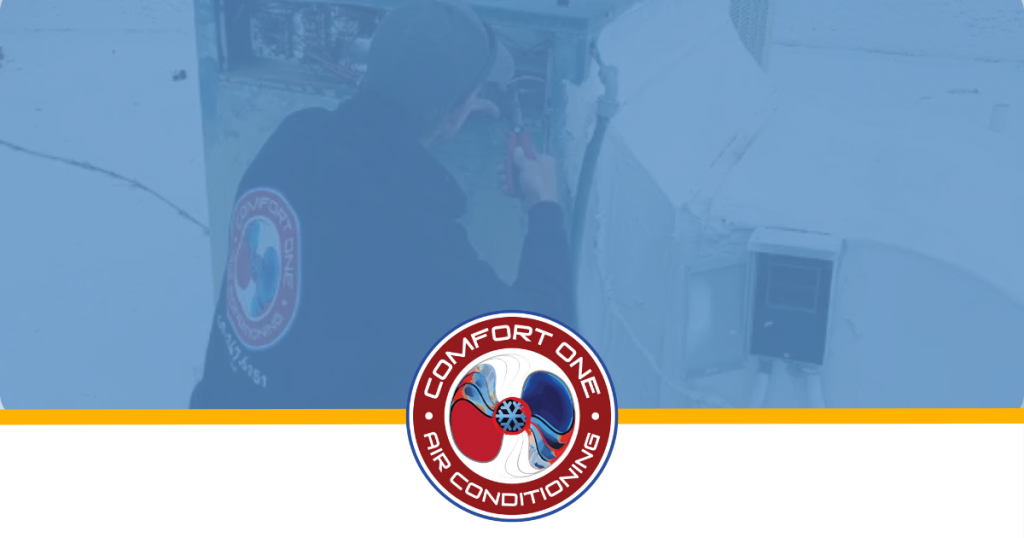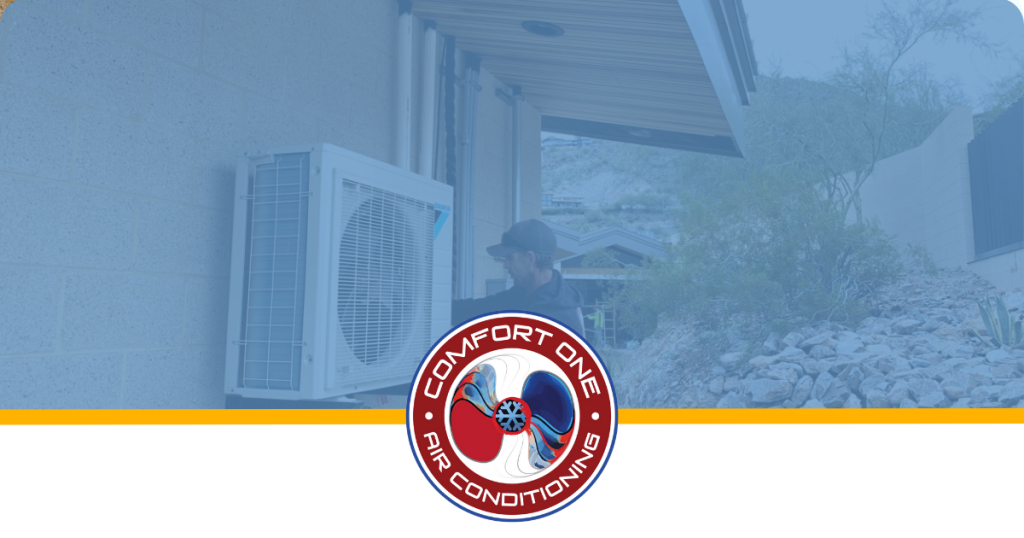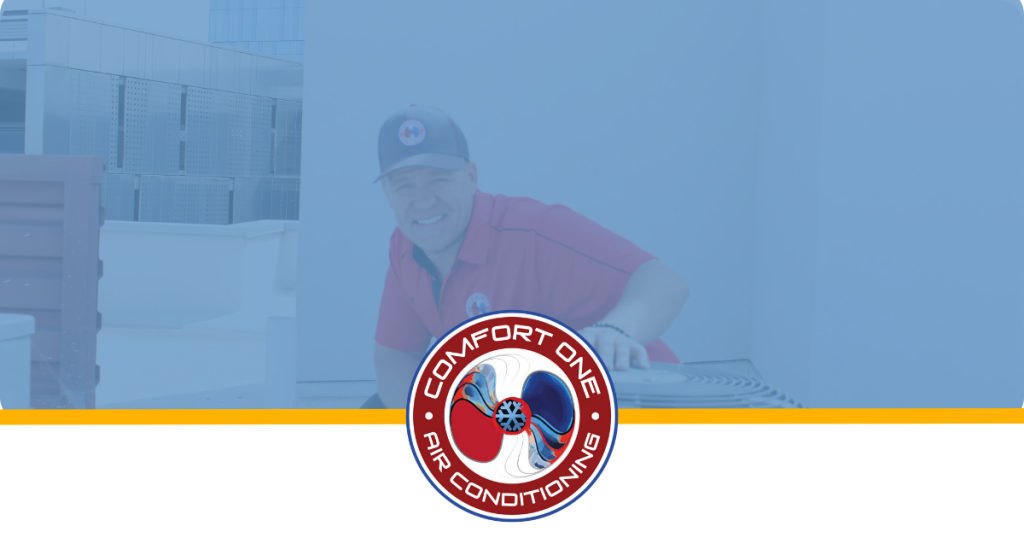Is your AC not cooling? Learn the common reasons and fixes for why is my AC not cooling. From thermostat errors to deeper issues like compressor problems, we show you why your AC isn’t performing and how to resolve it.
Key Takeaways
- Common causes of AC cooling issues include incorrect thermostat settings, dirty air filters, and blocked outdoor condenser units, which can often be resolved without professional help.
- More serious problems, such as refrigerant leaks and faulty compressors, require attention from a qualified HVAC technician to prevent further damage and ensure effective cooling.
- Regular maintenance, including annual tune-ups and filter replacements, is essential for preventing cooling issues and maintaining your air conditioner’s efficiency.
Common Causes of AC Not Cooling Properly
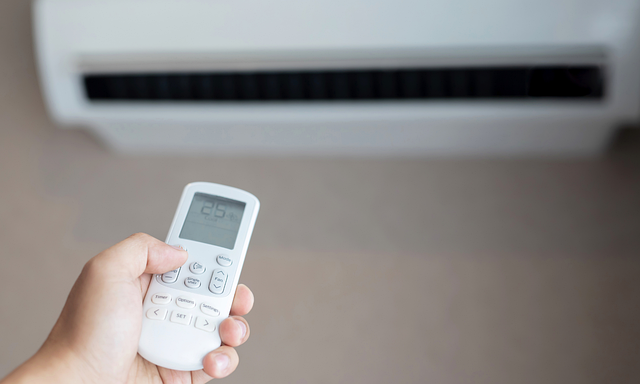
Before delving into complex diagnostics, start by checking for common issues that might be causing your AC to underperform. Often, straightforward and easy-to-fix reasons are behind an air conditioner not cooling.
Simple issues like incorrect thermostat settings, a dirty air filter, or a blocked outdoor condenser unit can significantly impact your AC’s ability to cool your home. Addressing these problems can enhance the efficiency of your air conditioning system without the need for professional help.
Incorrect Thermostat Settings
One of the most common reasons for an air conditioner not cooling properly is incorrect thermostat settings. This simple yet crucial aspect is surprisingly easy to overlook. Make sure your thermostat is set to ‘cool’ mode instead of heat to avoid unnecessary AC issues.
Verify that the temperature setting matches your desired temperature. Verifying and adjusting your thermostat settings can often solve the issue without further intervention.
Dirty Air Filter
A dirty air filter can block airflow, reducing the efficiency of your air conditioning system. When the clogged air filter is in place, it restricts airflow, which can lead to reduced cooling effectiveness and even cause the evaporator coil to freeze. Additionally, dirty air filters can exacerbate these issues.
Regular inspection and replacement of your air filter maintain good airflow and ensure your AC unit can blow cold air while blowing cold air effectively. Check your air filter monthly, especially during peak usage times.
Blocked Outdoor Condenser Unit
Debris around the outdoor condenser unit can greatly affect your air conditioning system’s cooling efficiency. A dirty condenser coil can block airflow, leading to reduced cooling performance.
Clearing away debris and dry leaves from the outdoor condenser unit regularly enhances its performance, ensuring your AC cools your house properly.
Deeper Issues Affecting AC Cooling
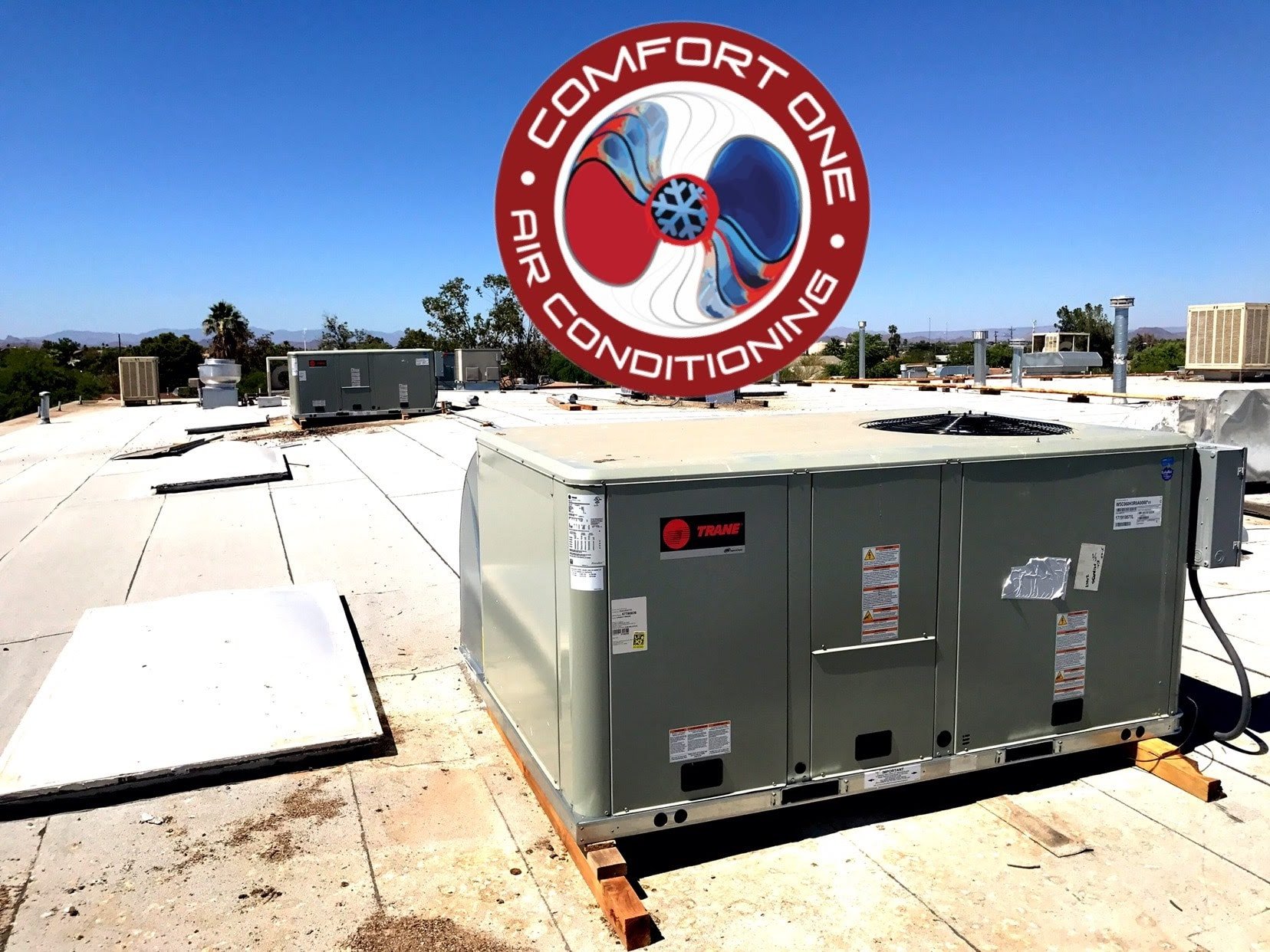
While common issues are often easy to fix, sometimes the problem lies deeper within the AC system. More complex issues can involve mechanical failures or significant component malfunctions that hinder the cooling process.
These deeper issues may require a professional HVAC technician to diagnose and repair effectively. Recognizing these potential problems helps you know when to call in the pros.
Refrigerant Leaks
Refrigerant is critical for the cooling process, as it flows through the coils and draws heat and humidity from indoors. Low refrigerant levels, often caused by a leak, prevent effective heat transfer, decreasing cooling efficiency.
If you suspect a refrigerant leak, contact a professional HVAC technician immediately. Delaying the resolution can lead to higher energy bills and additional system issues.
Frozen Evaporator Coil
A frozen evaporator coil is a clear sign that the cooling process is impeded. You might notice frost forming on the evaporator coils and a lack of cool air. These issues are often due to inadequate airflow, commonly caused by a dirty air filter or refrigerant leak.
A professional HVAC technician should handle a frozen evaporator coil to accurately diagnose and fix the underlying problems.
Faulty Compressor
The compressor is the heart of your AC system, responsible for pressurizing the refrigerant and circulating it through the system. If your compressor malfunctions, the refrigerant won’t transfer heat, leading to room temperature air. Signs of a faulty compressor include the system running but not cooling, strange noises, or failure to start.
Professional repair restores proper function and prevents further damage.
DIY Troubleshooting Tips for AC Cooling Issues
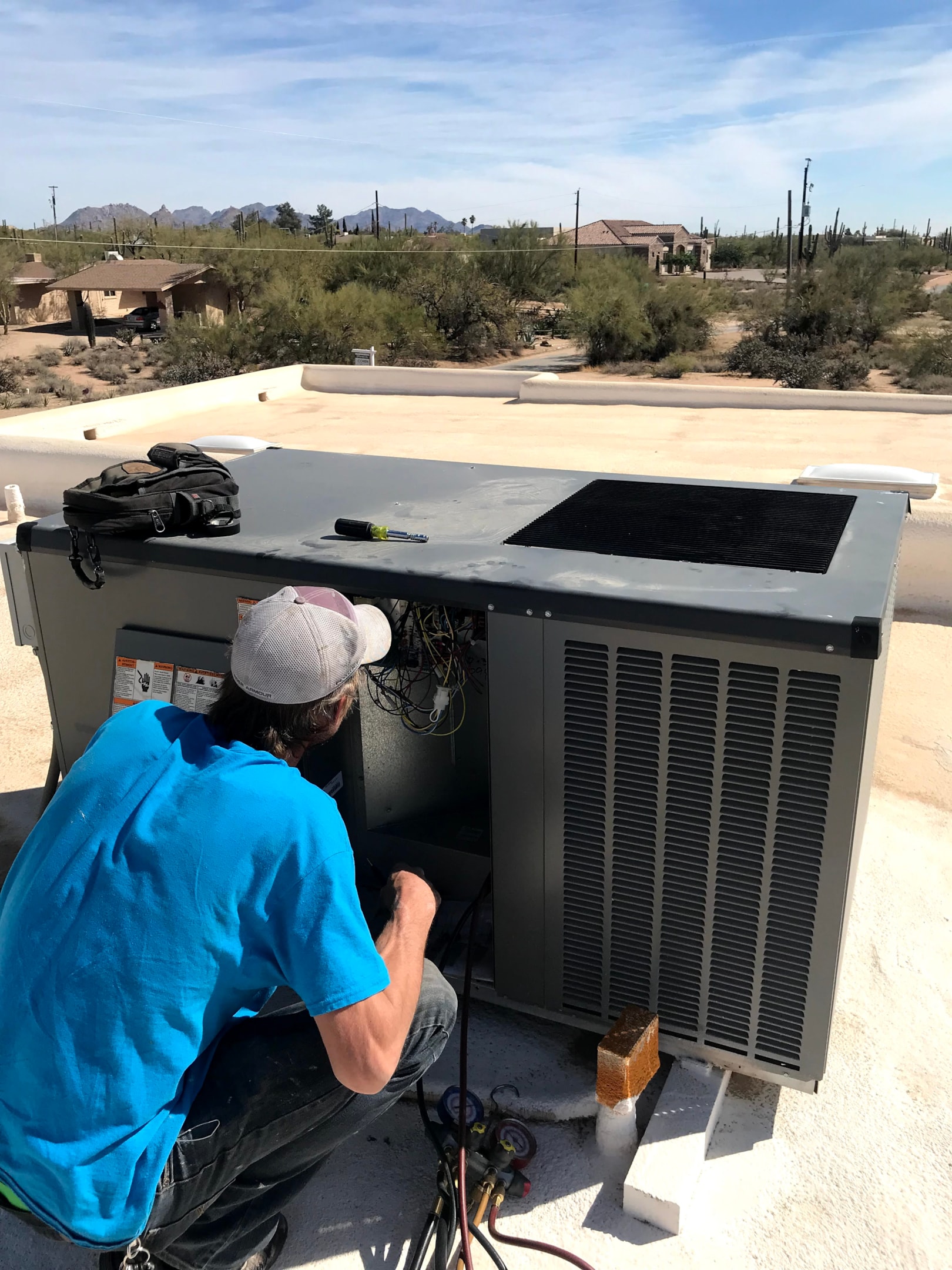
Before calling a professional, there are several DIY troubleshooting steps you can take to resolve common AC cooling issues. These simple checks and fixes can often restore your AC’s performance and save you from unnecessary repair costs.
Confirm the thermostat is set correctly, the air filter is clean, and the outdoor unit is free of debris. These basic steps can significantly improve the efficiency of your air conditioning system.
Check and Reset Circuit Breakers
One of the first things to check if your AC is not cooling is the circuit breaker. Ensure all circuit breakers for the indoor and outdoor units are set correctly.
If the disconnect power is off, turn it back on.
Inspect and Clean Air Ducts
Inspect accessible ductwork to ensure airflow is not obstructed, allowing the cooling system to operate efficiently. Blocked or leaking air ducts can significantly impair cooling efficiency, leading to higher energy bills and decreased comfort within your home.
Seal any duct leaks with duct tape to maintain optimal airflow and improve your air conditioning system’s cooling efficiency.
Clear Clogged Condensation Drains
Clogged condensation drains cause water buildup and affect your AC’s cooling efficiency. If you notice a clog, use a small screwdriver or a similar tool to clear it. This will help ensure proper functioning. For more stubborn clogs, apply suction using a wet/dry shop vacuum to remove the blockage.
Keeping the condensation drains clear ensures your air conditioning unit cools properly and prevents potential water damage.
When to Call a Professional HVAC Technician
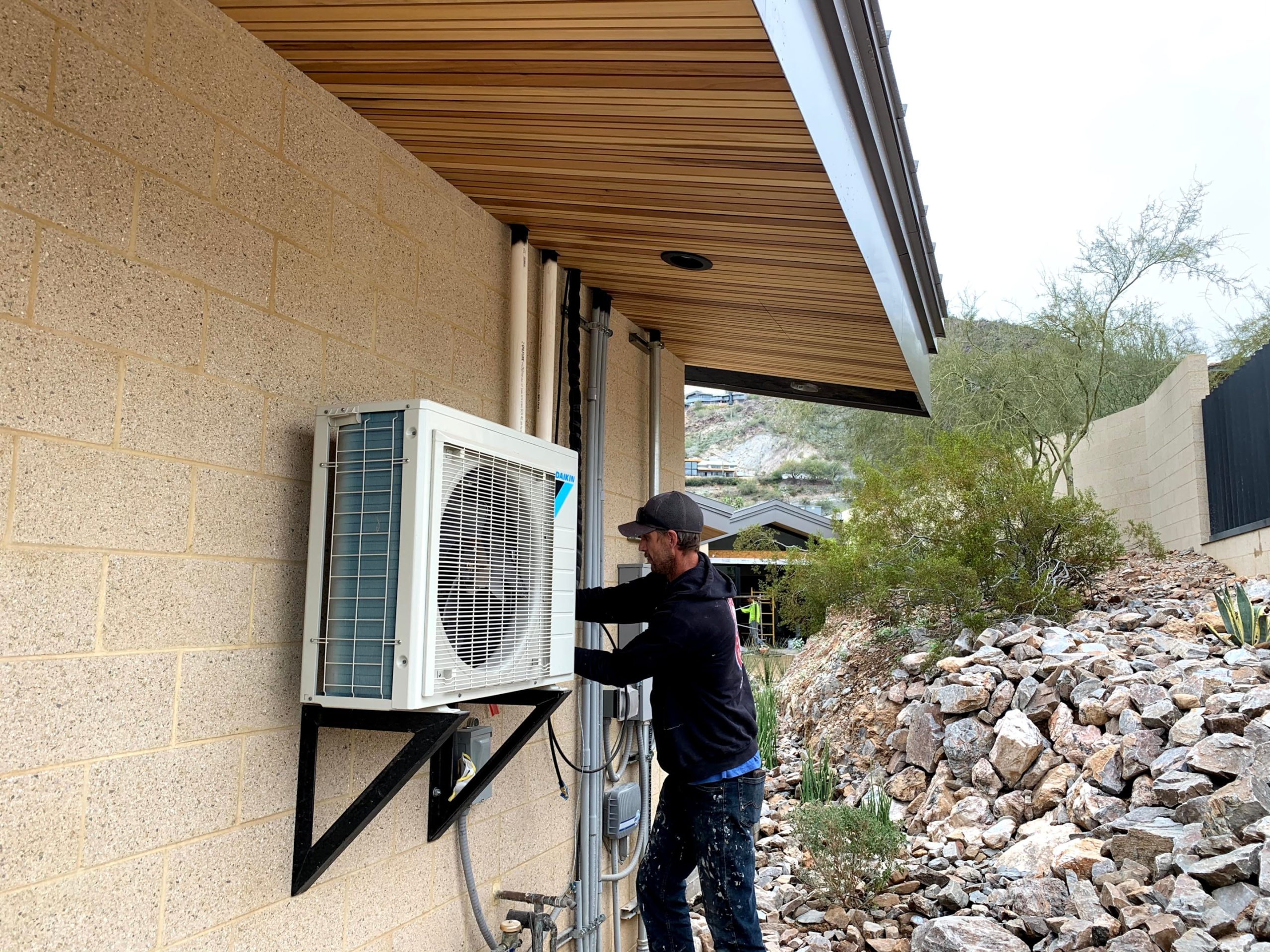
After attempting basic troubleshooting, if your AC is still not cooling, it’s time to call a professional HVAC contractor. Persistent issues or complex problems often need a technician’s intervention. Recognizing when to seek professional help can save you from larger, more costly repairs later.
If you identify a refrigerant leak, a compressor failure, or electrical issues, these should be handled by a qualified HVAC technician.
Persistent Refrigerant Leaks
Certified HVAC technicians should always address refrigerant leaks to ensure proper repair. Comfort One Air Conditioning employs EPA-certified refrigerant handling, ensuring a safe and effective resolution.
Major Component Failures
Failure of critical components like the compressor often requires specialized expertise for repair. Professional intervention restores your AC’s functionality and prevents further damage.
Electrical System Diagnostics
Electrical issues in an AC unit pose safety hazards and should only be handled by professionals. Having trained professionals conduct all electrical system diagnostics ensures the safety and effectiveness of the AC unit.
Comfort One Air Conditioning conducts thorough electrical system diagnostics, ensuring that your ac units run safely and efficiently.
Preventive Maintenance for Optimal AC Performance
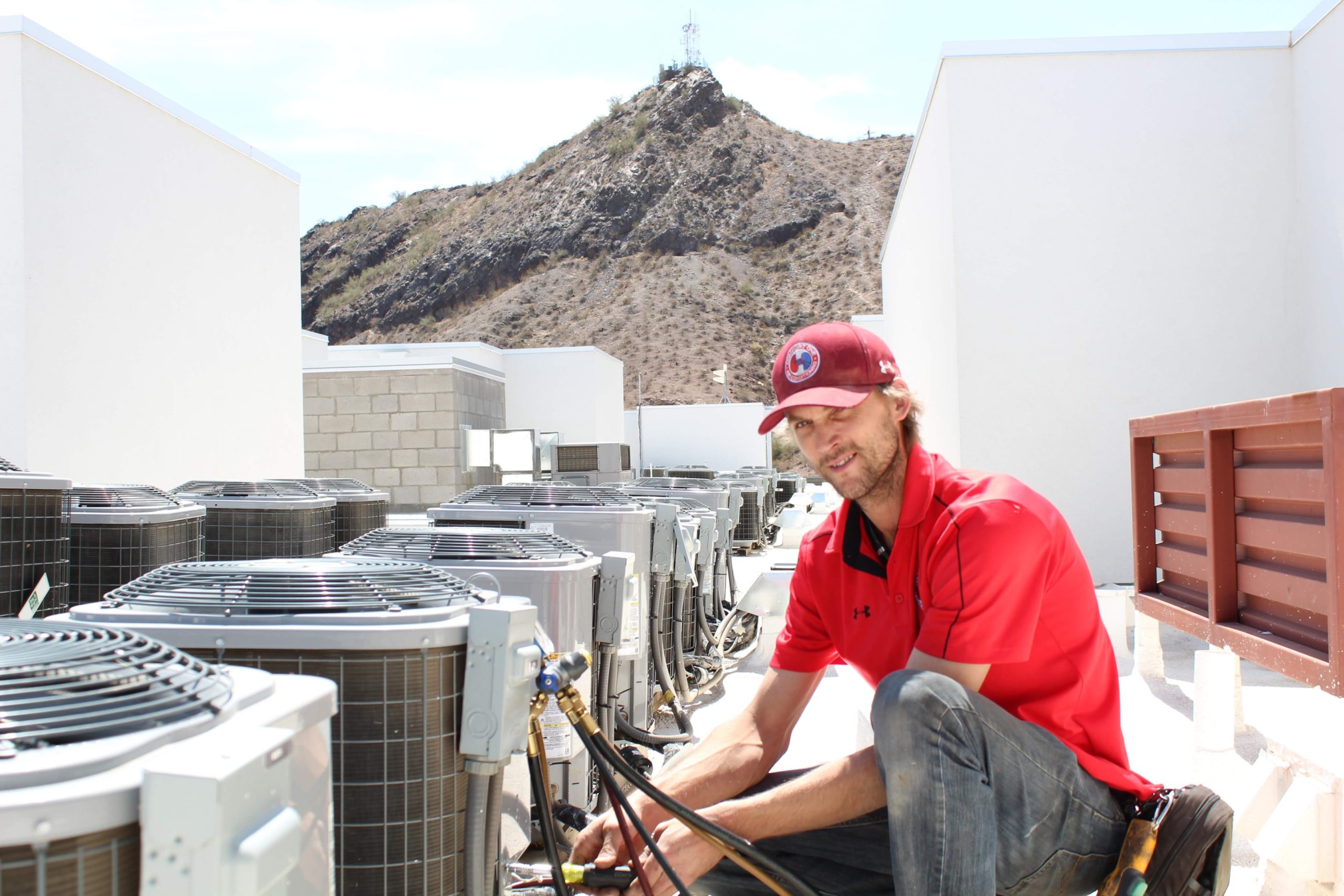
Regular maintenance prevents common issues and ensures proper airflow in air conditioners and air conditioning systems. Scheduling annual tune-ups, regularly replacing air filters, and cleaning coils and condensers are essential to keep your AC running smoothly.
During tune-ups, an HVAC specialist evaluates proper airflow, refrigerant levels, and mechanical components to ensure your system is always in top condition.
Schedule Annual Tune-Ups
Annual AC tune-ups prevent future cooling issues. These tune-ups identify potential problems, perform a full system cleaning, and extend the operating life of the AC unit.
Regular Filter Replacement
Replace air filters every 2-3 months, particularly in homes with pets or high dust levels. Regularly changing air filters maintains good airflow and overall system efficiency in indoor air conditioning units.
Clean Coils and Condensers
Cleaning the evaporator and condenser coils avoids dirt accumulation that can hinder the cooling process. Periodically clear drain channels to prevent clogs that could affect cooling efficiency.
Regular maintenance tasks, like cleaning coils, ensure your air conditioning system effectively cools your house and maintains optimal performance.
Summary
In summary, ensuring your air conditioner is running efficiently involves regular maintenance and addressing common issues like incorrect thermostat settings, dirty air filters, and blocked condenser units. More complex problems like refrigerant leaks, frozen evaporator coils, and faulty compressors require professional intervention.
By following the DIY troubleshooting tips and knowing when to call a professional, you can keep your AC unit in top shape, ensuring a cool and comfortable home all summer long. If you’re still experiencing issues, don’t hesitate to contact a trusted HVAC technician for expert assistance.
Frequently Asked Questions
How often should I replace the air filter in my AC unit?
To maintain good airflow and system efficiency, you should replace your air filter every 2-3 months, especially if you have pets or high dust levels in your home.
What are the signs of a refrigerant leak in my AC system?
If you’re noticing reduced cooling efficiency, hissing sounds, or an unexpected increase in your energy bills, these could be clear signs of a refrigerant leak in your AC system. It’s crucial to consult a professional HVAC technician to resolve the issue promptly.
How can I prevent my evaporator coil from freezing?
To prevent your evaporator coil from freezing, regularly check and replace your air filter, maintain proper refrigerant levels, and ensure good airflow throughout your system. Consistent maintenance is key to avoiding this issue.
When should I call a professional HVAC technician?
You should call a professional HVAC technician for persistent issues with your AC unit, including refrigerant leaks, major component failures, or electrical problems that go beyond basic troubleshooting. Timely intervention can prevent further damage and ensure efficient operation.
What does an annual AC tune-up include?
An annual AC tune-up includes identifying potential issues, cleaning the system, and evaluating airflow, refrigerant levels, and mechanical components. This comprehensive service helps ensure your AC unit operates efficiently and has a longer lifespan.
Author
-

Tapani Ojalehto is a RSI-top tech with over 15 years of experience in the HVAC industry. Tapani Ojalehto is the owner and founder of Comfort One Air Conditioning LLC, a HVAC company in Scottsdale, Arizona. Tapani enjoys hockey, archery, hunting, fishing and everything outdoors. He loves quality time with his wife Jessica of 15 years and their pup Loki Bear.
View all posts



